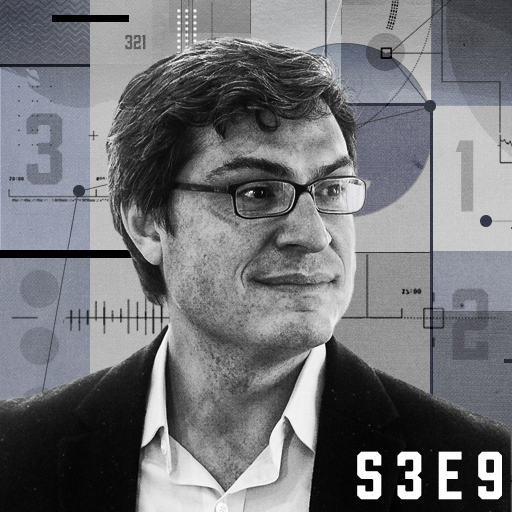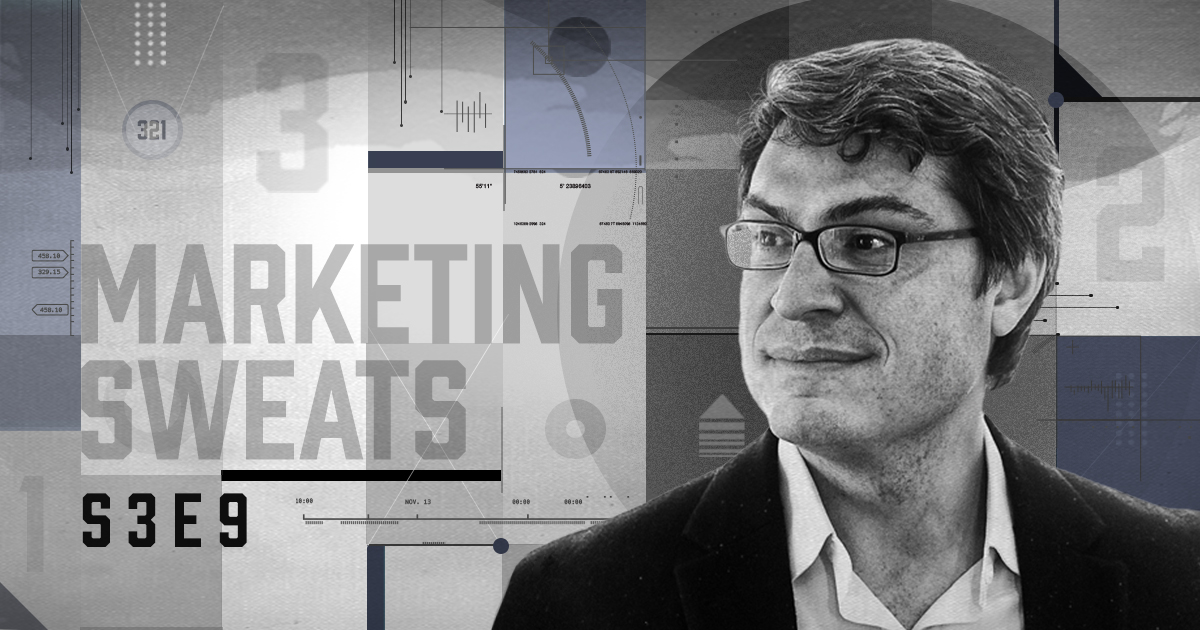Taking Conversations from Winging It to Winning It
For the final episode of season three, we’re talking to author and conversation designer, Daniel Stillman. Hear why he believes nearly every conversation should have a plan. From large workshops to structured meeting agendas to one-on-one discussions, Daniel talks us through the science and art behind his approach. Whether you are a professional facilitator or not, everyone can design better conversations that help us reach the desired outcome. Daniel, like many, are adapting to the new way of working remotely. With many of you approaching the new year with new plans and strategies collaboration and alignment conversation are more crucial than ever.
“Conversations are precious. When somebody leaves the table, you can’t always get them back and that’s really hard. But I think there’s also a realization that you can’t always fix every conversation, nor should you want to.”
Daniel Stillman
About Daniel Stillman
 Drawing on more than a decade in the product design and innovation world, Daniel helps leaders design and facilitate important conversations large and small, in order to improve organizational collaboration – and ultimately, innovation. As an independent design facilitator, he works with clients and organizations of all shapes and sizes to frame and sustain productive and collaborative conversations, deepen their facilitation skills and coach them through the innovation process.
Drawing on more than a decade in the product design and innovation world, Daniel helps leaders design and facilitate important conversations large and small, in order to improve organizational collaboration – and ultimately, innovation. As an independent design facilitator, he works with clients and organizations of all shapes and sizes to frame and sustain productive and collaborative conversations, deepen their facilitation skills and coach them through the innovation process.
He is the author of two books. The 30 Second Elephant and the Paper Airplane Experiment is about origami and teams – and yes, it’s as strange as it sounds. His most recent book is Good Talk; How to Design Conversations that Matter, and it delves into a step-by-step framework to affect change in personal and professional conversations. He hosts The Conversation Factory podcast where he interviews leaders, change-makers and innovators on how they design the conversations in their work and lives. Learn more about him on his website, DanielStillman.com and LinkedIn.

